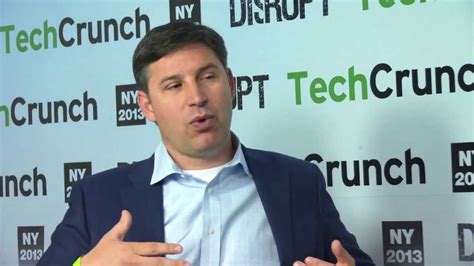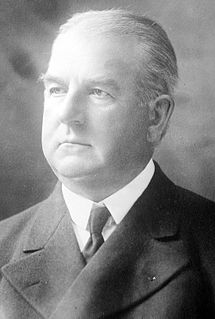A Quote by Jim Frey
EMA research evidences strong and growing interest in leveraging log data across multiple infrastructure planning and operations management use cases. But to fully realize the potential complementary value of unstructured log data, it must be aligned and integrated with structured management data, and manual analysis must be replaced with automated approaches. By combining the RapidEngines capabilities with its existing solution, SevOne will be the first to truly integrate log data into an enterprise-class, carrier-grade performance management system.
Quote Topics
Across
Aligned
Analysis
Approaches
Be The First
Capabilities
Carrier
Cases
Class
Combining
Complementary
Data
Enterprise
Existing
First
Fully
Grade
Growing
Infrastructure
Integrate
Integrated
Interest
Log
Management
Manual
Multiple
Must
Operations
Performance
Planning
Potential
Realize
Replaced
Research
Solution
Strong
Structured
System
Truly
Use
Value
Will
Related Quotes
With customers' permission, fintech firms have increasingly turned to data aggregators to 'screen scrape' information from financial accounts. In such cases, data aggregators collect and store online banking logins and passwords provided by the bank's customers and use them to log directly into the customer's banking account.
One of the myths about the Internet of Things is that companies have all the data they need, but their real challenge is making sense of it. In reality, the cost of collecting some kinds of data remains too high, the quality of the data isn't always good enough, and it remains difficult to integrate multiple data sources.
There's a tendency in graphics to allow the trimming of certain parts. But I think that if you're open about your process, your methodology, such as introducing thresholds, introducing filters, techniques people use in research and data management, it's legitimate. It's legitimate to say, "We're only going to show data above this level, or between levels."
Scientific data are not taken for museum purposes; they are taken as a basis for doing something. If nothing is to be done with the data, then there is no use in collecting any. The ultimate purpose of taking data is to provide a basis for action or a recommendation for action. The step intermediate between the collection of data and the action is prediction.

































